According to one legend, ancestors of today's Oromo people in a region of Kaffa in Ethiopia were the first to recognize the energizing effect of the coffee plant. It wasn't until around the 11th century that people started making coffee with water as a beverage, and in the 13th century, Ethiopian troops invaded Yemen, bringing coffee to the Arab world. By the 16th century, coffee had reached the rest of the Middle East, Persia, Turkey, and northern Africa.
You may know the origin of coffee, but you may not know that the first coffee tree in China was actually founded in Zhukula village (朱苦拉村), Binchuan County, Dali, Yunnan Province.
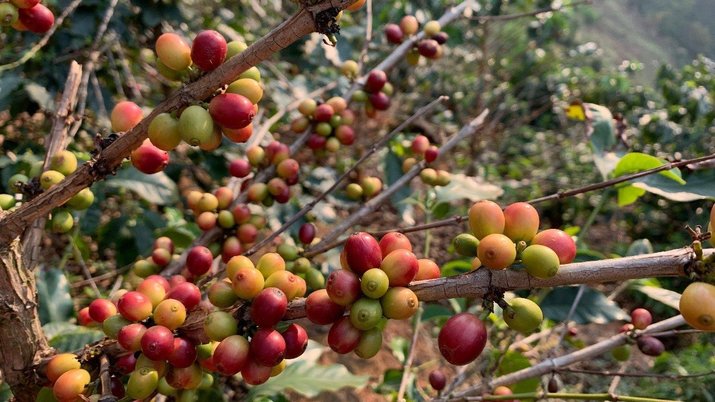
Zhu Ku La, a small, insignificant Yi village on the banks of a tributary of the Jinsha River and in a deep valley in the mountains, a place that cannot even be found on a map of China, became the focus of much media attention at home and abroad in the summer of 2008 for its coffee. At the beginning of the 20th century (1892), the French missionary Father Alfred Lietard (Chinese name 田德能, Tian De Neng) preached in Dali Binchuan, but coffee was not yet available in China. In order to be able to drink coffee, he planted coffee trees near the church in the village of Zhuhulla, and taught the local villagers to grow and drink coffee. At present, there are still 24 centuries-old coffee trees in the village.
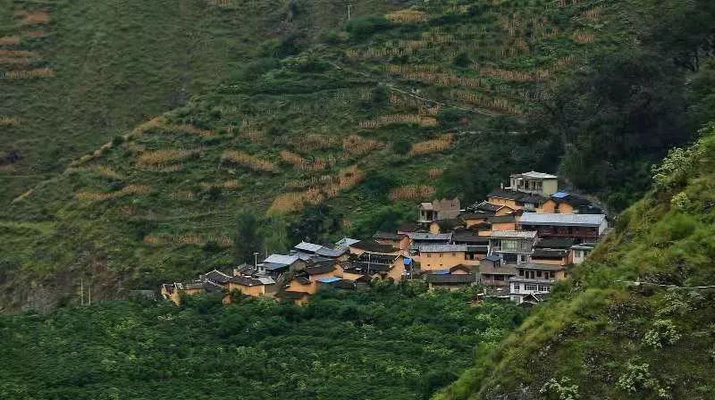 Zhukula Village
Zhukula Village
The most conspicuous building in the village of Jubilee is the Catholic Church, which is more than 100 years old. Although no one in the village now practices Christianity anymore, and the church has been remodeled several times, it has been preserved.
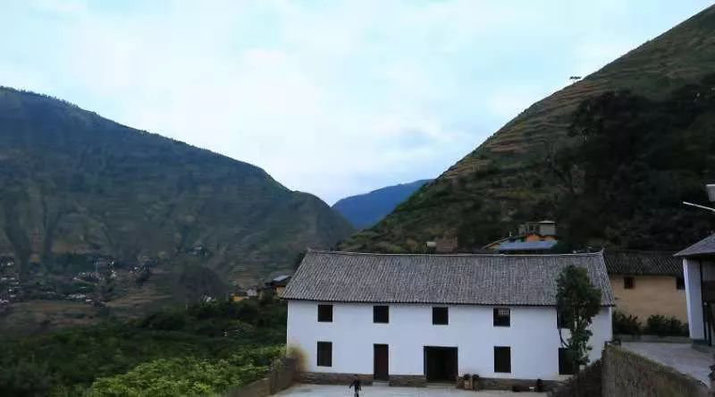 Ruins of the Catholic Church in Zhukula village
Ruins of the Catholic Church in Zhukula village
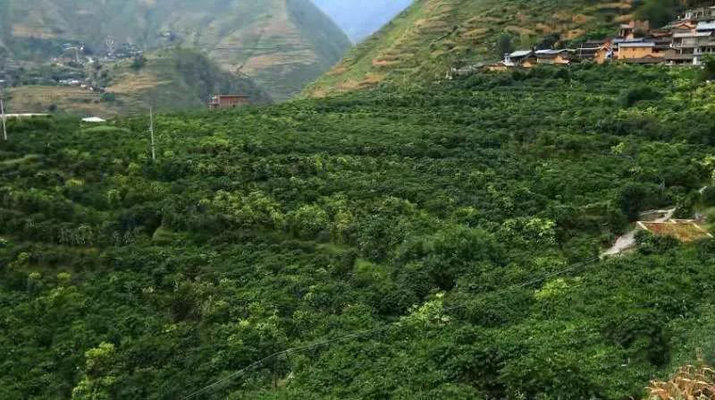 The coffee plantage behind the Church
The coffee plantage behind the Church
If you want to visit the village of Zhukula, it takes 2 hours to drive from Dali to Pingchuan Town, Binchuan County (宾川县平川镇), and after more than 3 hours of driving, you will reach Luo Xi Village (罗西村), where Zhuhulla Village Committee is located. If you want to see the oldest coffee forest in China, you still have to walk 2 hours (10 km) up the mountain to reach the village of Zhukula.
Coffee is not as common in China as it is in the West, and in such a remote mountain village, it is actually coffee that the village people use to entertain their guests. Influenced by the missionaries, the villagers of Zhukula developed the habit of drinking coffee. When the coffee was ripe, the villagers picked the coffee beans, dried them in the sun and mortar and peeled off the skin; roasted the coffee beans in chicken oil or lard in a large iron pot where the rice was cooked; then ground the coffee into powder by grinding the flour with a stone, then wrapped a few spoonfuls of coffee powder in a coarse white gauze for reserve; then put water in a small teapot, put it on a tripod in the fire and boiled it, then threw in the gauze covered with coffee powder, stirred it constantly with a small spoon, and took out the gauze and the coffee was ready.
Every morning gets up, a few walnuts, a bowl of homemade coffee, became a simple breakfast for the villagers. Here, drinking coffee is just a habit of life, not about romantic, just as other Chinese people like to drink tea.
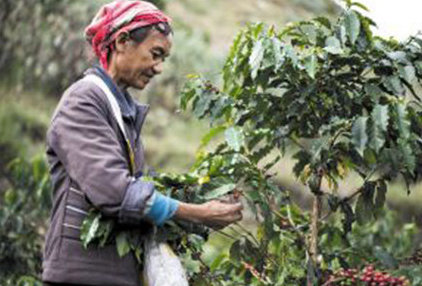
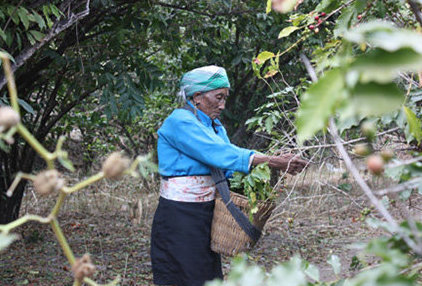
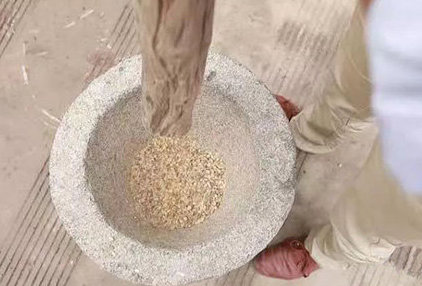
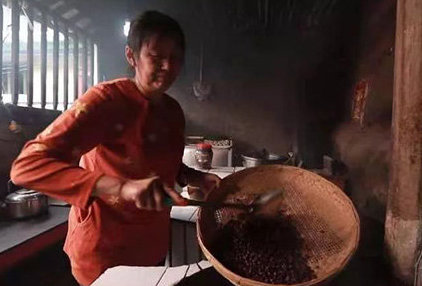 Local Yi villagers are picking coffee beans
Local Yi villagers are picking coffee beans

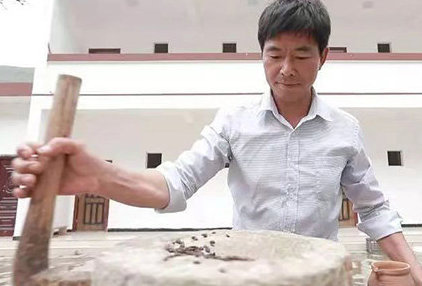
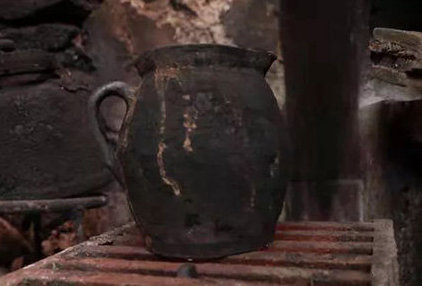

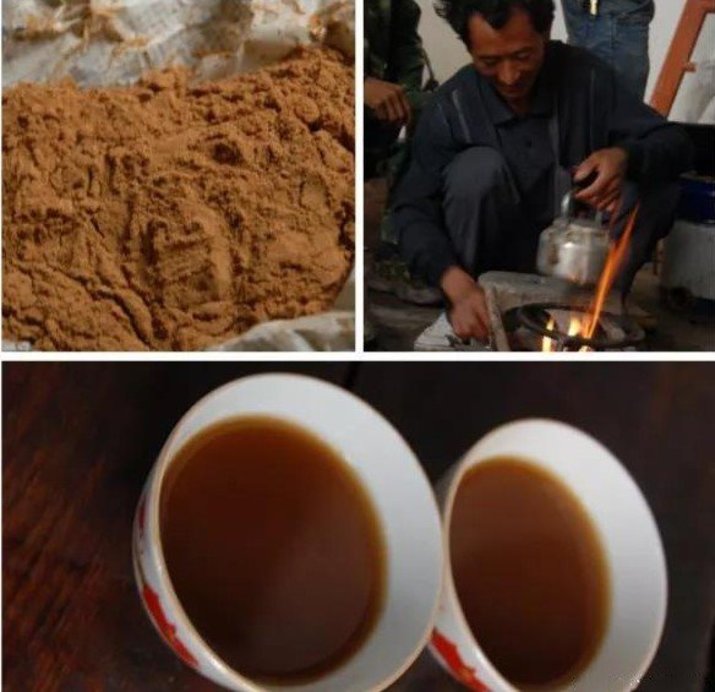 The villagers are making coffee
The villagers are making coffee
The varieties of Zhukula coffee beans are world-renowned for their excellent old varieties of Typica and Bourbon. But over the years, the village has been unable to care for the local coffee forest, which is China's oldest coffee forest, endangered by disease for a variety of reasons. Then the local government and coffee companies decided to protect this forest and support the development of the local coffee industry. They protected the original coffee forest and contracted the villagers to invest in its development. Technicians were sent to the village of Zhukula to give guidance on the development of coffee processing, and villagers were asked to protect ancient coffee trees.
Now, the coffee industry in Zhukula has ushered in a new period of prosperity. With the brand of Zhukula Coffee as the core, the village has increased acreage devoted to bean-growing to 667 hectares. This growth has created more than 30,000 jobs and brought in larger amounts of money as the coffee is exported.


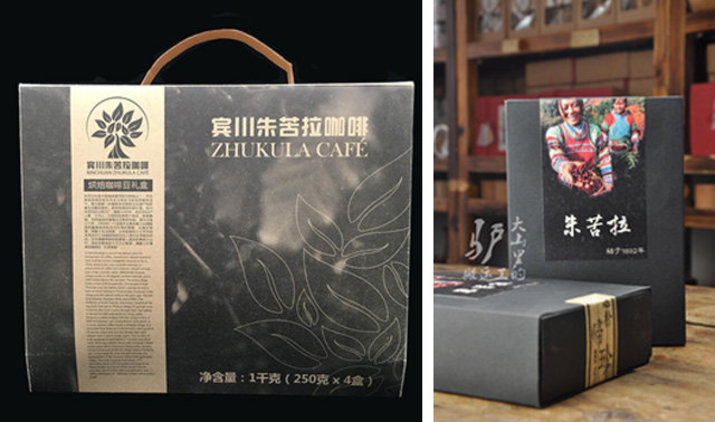 Binchuan local Coffee Brand – Zhukula 朱苦拉
Binchuan local Coffee Brand – Zhukula 朱苦拉
- 237 reads
- Like this







